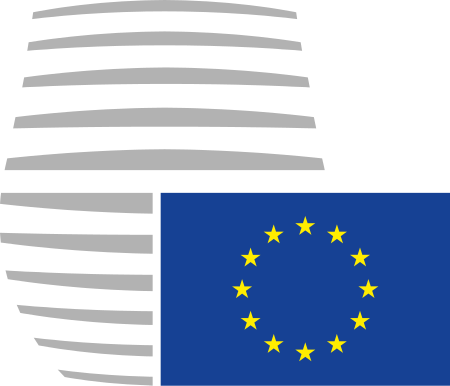Council of the European Union

The Council of the European Union, often referred to in the treaties and other official documents simply as the Council, and informally known as the Council of Ministers, is the third of the seven Institutions of the European Union (EU) as listed in the Treaty on European Union. It is one of three legislative bodies and together with the European Parliament serves to amend and approve or veto the proposals of the European Commission, which holds legislative initiative.The Council of the European Union and the European Council are the only EU institutions that are explicitly intergovernmental, that is, forums whose attendees express and represent the position of their member state's executive, be they ambassadors, ministers or heads of state/government. The Council meets in 10 different configurations of 27 national ministers (one per state). The precise membership of these configurations varies according to the topic under consideration; for example, when discussing agricultural policy the Council is formed by the 27 national ministers whose portfolio includes this policy area (with the related European Commissioners contributing but not voting).
Excerpt from the Wikipedia article Council of the European Union (License: CC BY-SA 3.0, Authors, Images).Council of the European Union
Rue de la Loi - Wetstraat, City of Brussels
Geographical coordinates (GPS) Address Nearby Places Show on map
Geographical coordinates (GPS)
| Latitude | Longitude |
|---|---|
| N 50.8425 ° | E 4.3808305555556 ° |
Address
Europa
Rue de la Loi - Wetstraat 155
1000 City of Brussels (Brussels)
Belgium
Open on Google Maps











